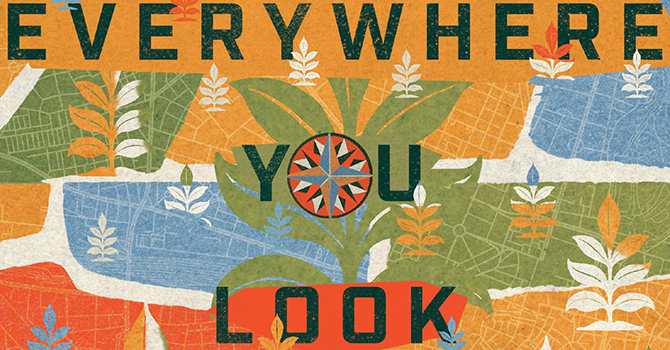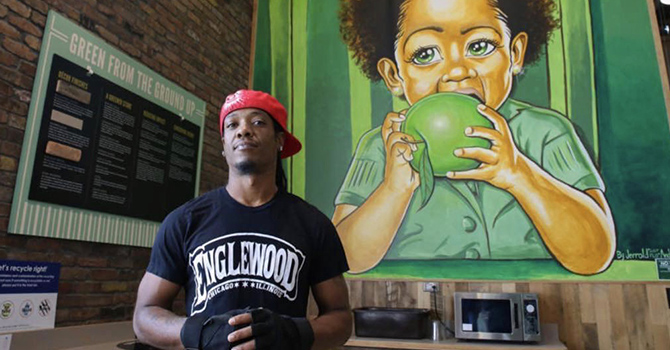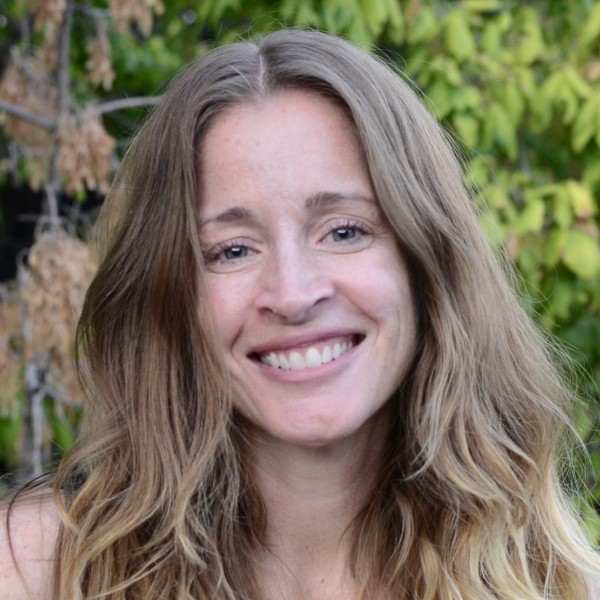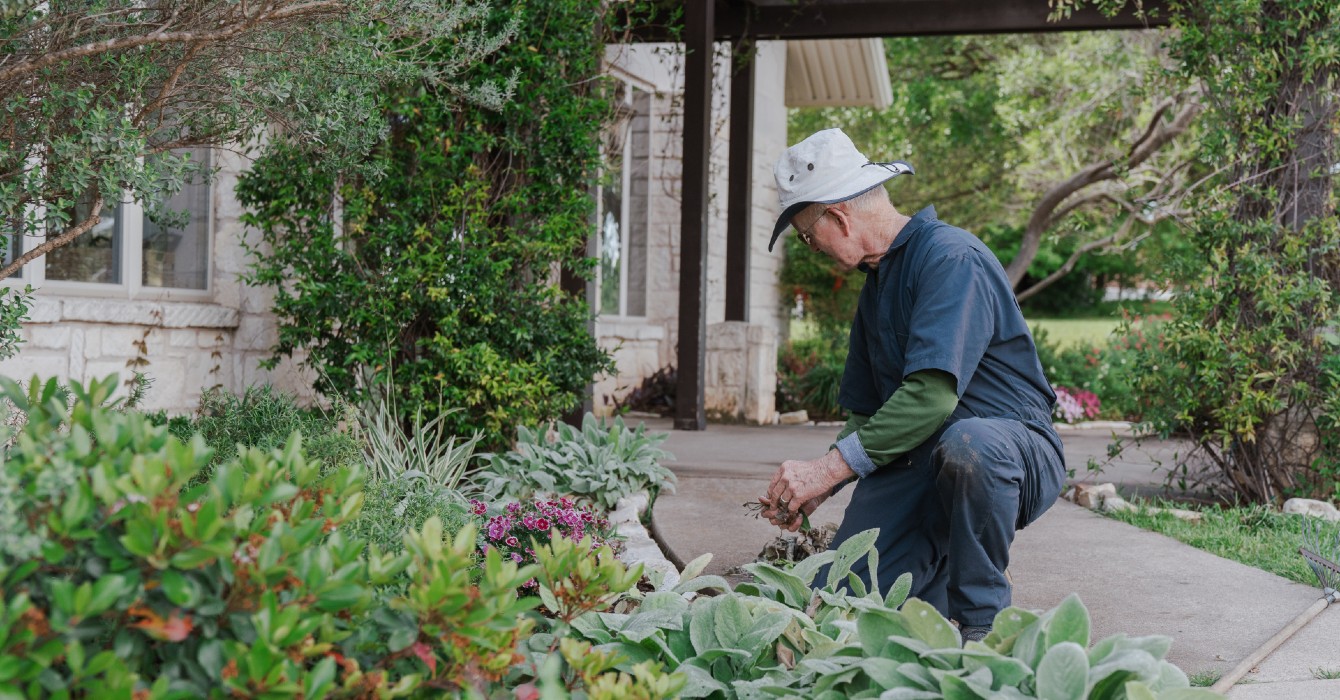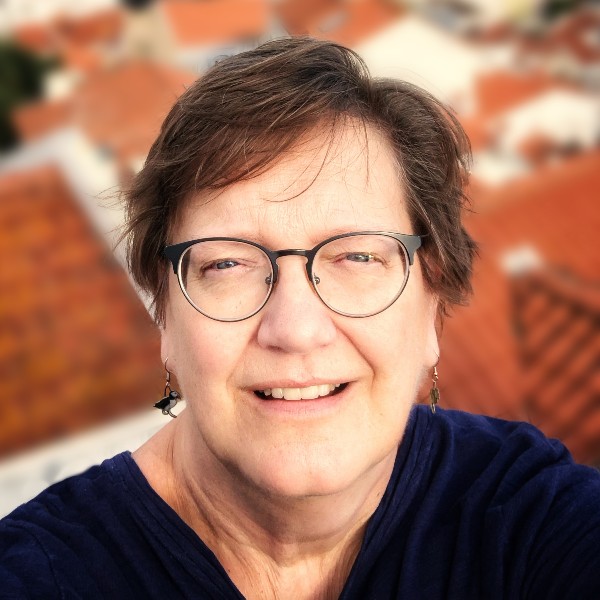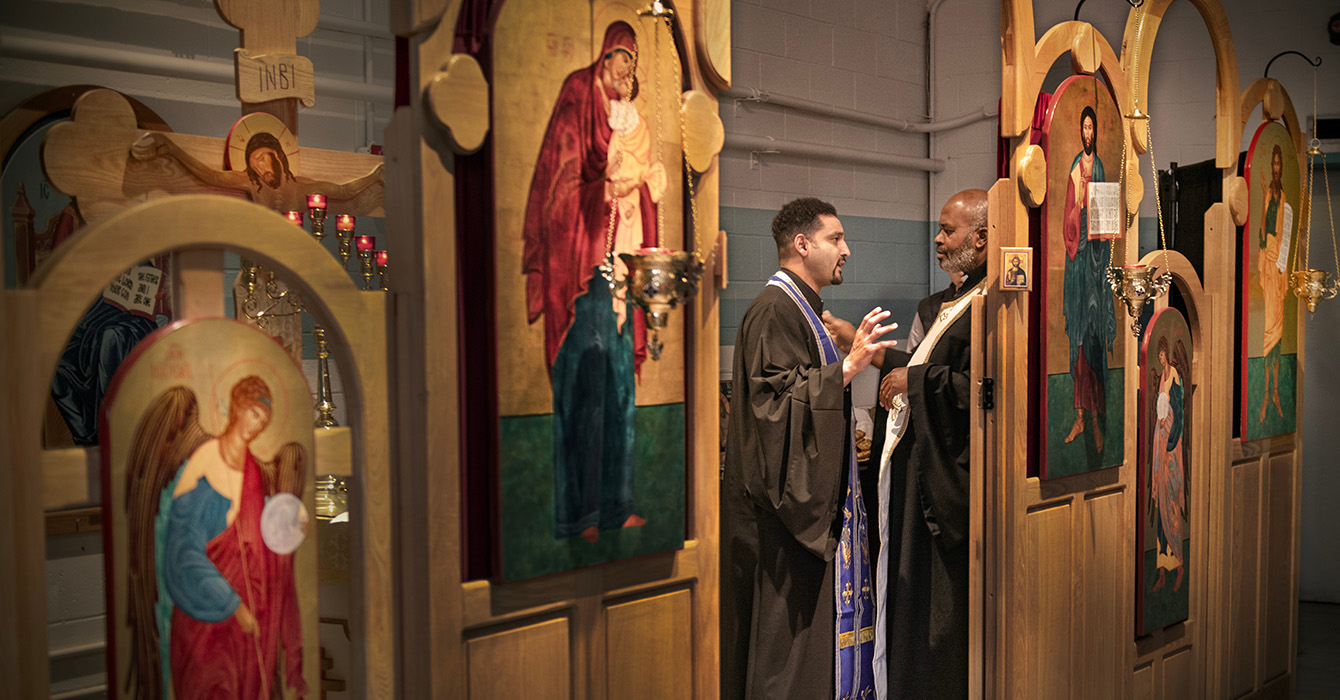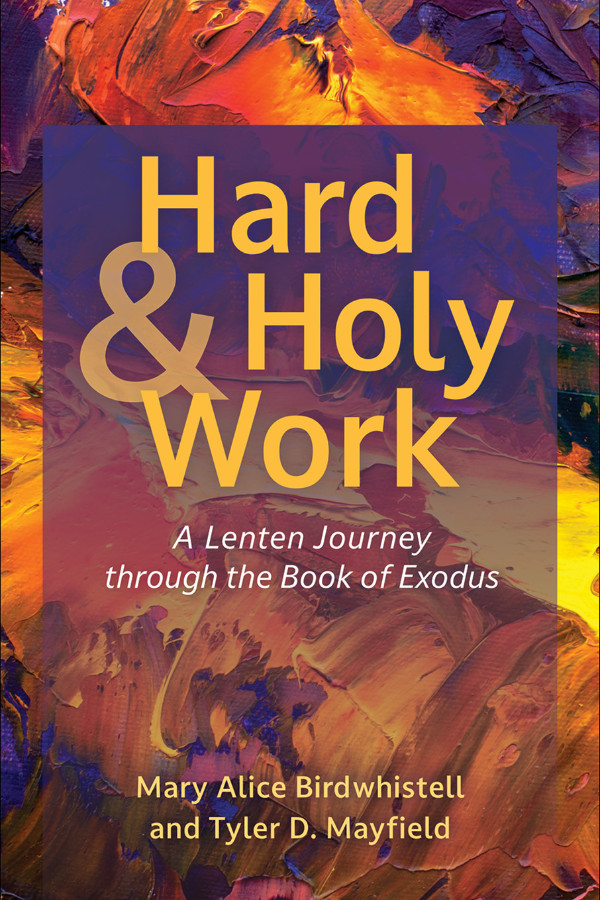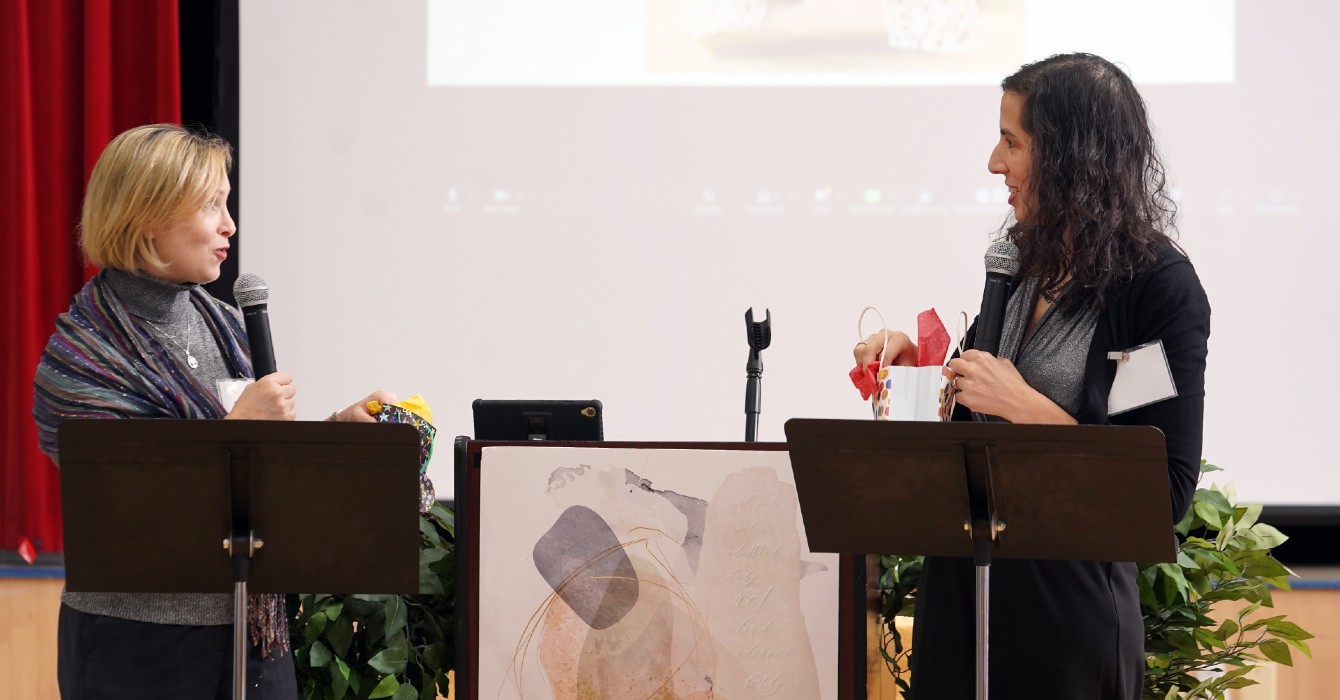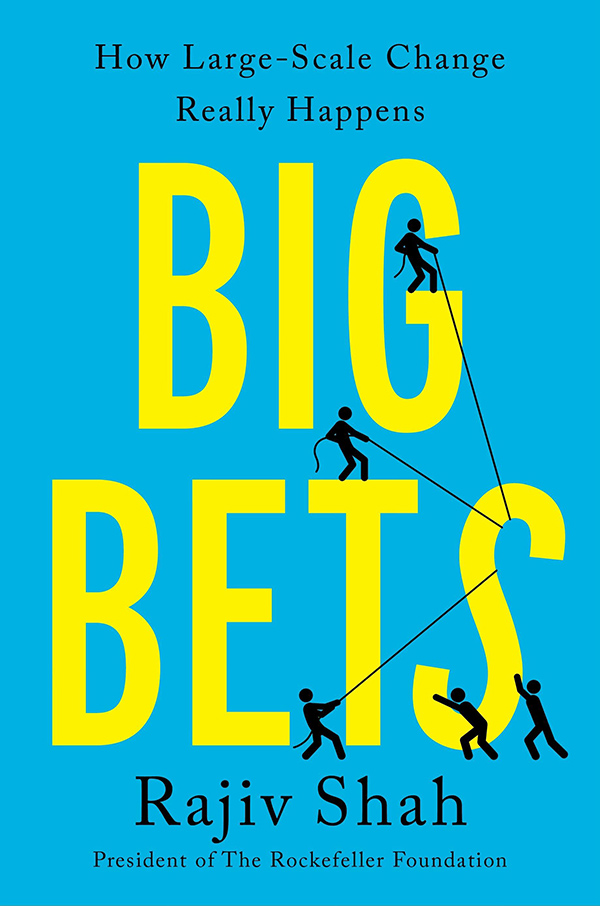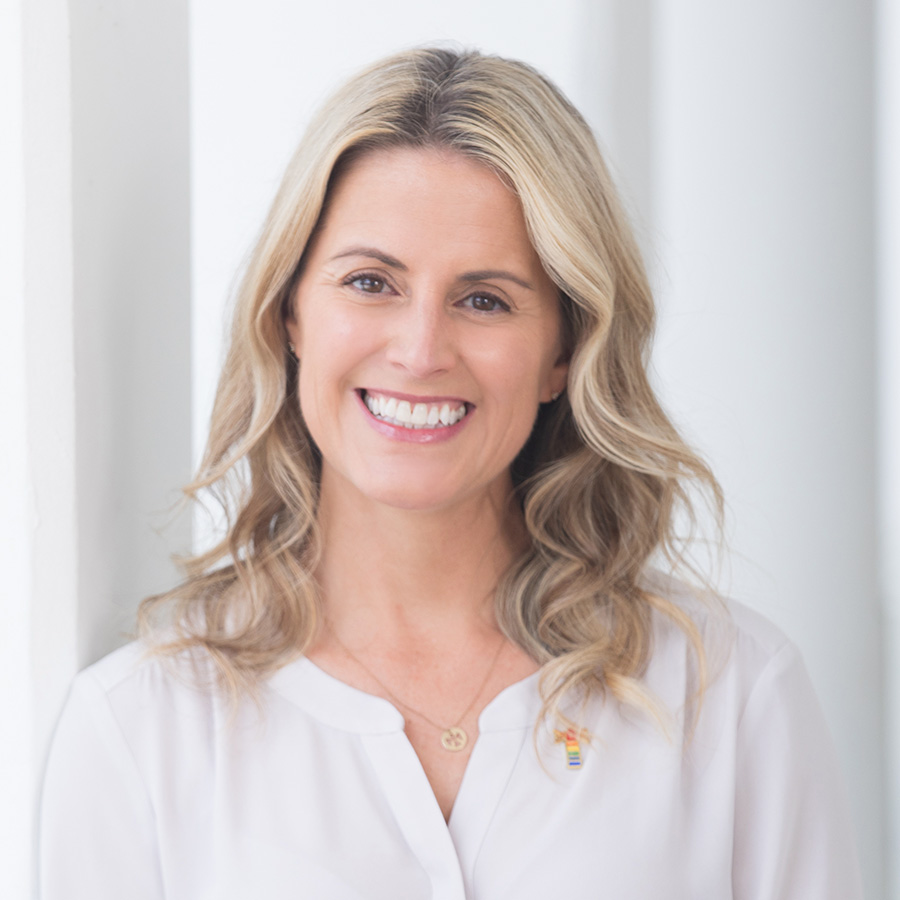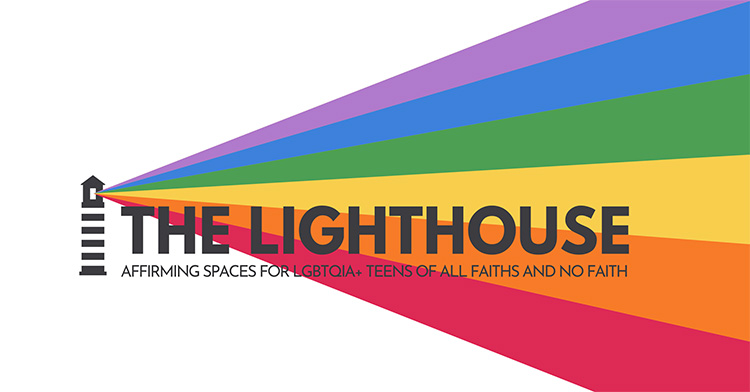God is up to something, writes Tim Soerens, and if Christians pay attention to what’s happening in their neighborhoods, they might figure out what it is.
His big vision: that the church will shift its focus from organizing and gathering in Sunday worship, programs and events to becoming a global network of small teams working in their own neighborhoods to discern God’s dream and help make it happen.
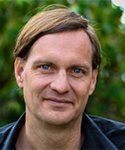 “We’re on a campaign to say that we think that God is reorganizing the church around the neighborhood,” he said. “I think that [the pandemic] is going to accelerate that. … How we pay attention to what God is up to in our actual places will be more important than ever.”
“We’re on a campaign to say that we think that God is reorganizing the church around the neighborhood,” he said. “I think that [the pandemic] is going to accelerate that. … How we pay attention to what God is up to in our actual places will be more important than ever.”
Soerens is a pastor, writer, speaker and co-founding director of the Parish Collective, which seeks to build a network of churches in communities across the world. He lives in Seattle, where he is helping start a church and has co-founded a coffee shop and a co-working space in his neighborhood.
He is a co-author of “The New Parish: How Neighborhood Churches Are Transforming Mission, Discipleship and Community.”
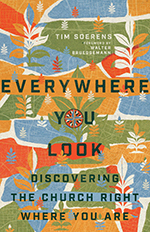 In his latest book, “Everywhere You Look: Discovering the Church Right Where You Are,” Soerens argues that the church is at a crossroads. It is by listening intently for where God is working and paying attention to the geographical place in which they live that Christians can become a community of people living out God’s dream in their everyday lives, he says.
In his latest book, “Everywhere You Look: Discovering the Church Right Where You Are,” Soerens argues that the church is at a crossroads. It is by listening intently for where God is working and paying attention to the geographical place in which they live that Christians can become a community of people living out God’s dream in their everyday lives, he says.
Soerens spoke to Faith & Leadership’s Sally Hicks about his latest book and his vision for the church. The following is an edited transcript.
Faith & Leadership: Early in your book, you say that “the only viable and enduring form of Christian witness is a community living in a particular place.” What do you mean by this?
Tim Soerens: I took that from the great missiologist Lesslie Newbigin.
The reason I think I can get away with a somewhat audacious statement like that is that if you buy the presupposition that we are creatures -- we’re not the Creator -- then we can only really truly be experienced in time and place. We can’t know ourselves outside of relationship. That would be another presupposition.

Traditioned Innovation Award Winner
Leadership Education at Duke Divinity recognizes institutions that act creatively in the face of challenges while remaining faithful to their mission and convictions. Winners received $10,000 to continue their work.
So we are creatures, we are creatures in relationships, and we are creatures that are in actual places.
So when we’re talking about the church, I obviously am making a claim in this book that the church, as many have said throughout the centuries, is not a static, time-bound event. It is a community of people.
The hope and dream is that the church is experienced in the real-life encounters in one’s everyday life and not just through our own convenings and gatherings, as important as those are.
F&L: Given that the church has existed for centuries and all over the globe, why do you stress geographic place -- a neighborhood or parish?
TS: What a body is to a person, a neighborhood or a place could be for a community. I see it as a profound gift; the limitation of it is a gift.
The definition that we gave it in the first book is a geographic area that is large enough to live a lot of life but small enough to be known as a character in the story of that place.
There are all kinds of techniques and strategies and proposals for the future of the church. But I think what is needed more than any technique or strategy is a dare -- a dare into action. We need to focus, and I think the neighborhood or the parish provides that focus for us.
F&L: What does that mean now? You’re arguing that we need physical presence at a time when we can’t do that.
TS: What is happening right now with the pandemic is it’s ushering in an apocalyptic era. By that I don’t necessarily mean zombies and everything on fire -- although things are pretty weird. I mean the Greek understanding of apocalyptic, which is a revealing and uncovering.
The limitation of not being able to gather together, as painful as that is and as hard as that is, I do think that it uncovers and reveals things that we have long taken for granted. It’s making us wrestle with ideas and presuppositions that perhaps we wouldn’t have got at any other way.
I think there are all kinds of innovations that come from these limitations.
F&L: One thing you’ve referred to in this conversation is “everyday life.” What does that mean to you?
TS: I like that phrase “everyday life” because, without meaning to, so much of our energy and focus as it relates to the church -- and to some extent, even the Christian life -- gets funneled and focused on Sunday.
I (and many of my colleagues) have long been both fascinated and burdened by the question, Where is the church on a Tuesday afternoon? Can you see it? Can you observe it in any meaningful sense?
My friend and colleague Paul Sparks sometimes used to joke about asking clergy, “Is the church a building or the people?” And of course everyone says, “It’s the people.”
But then you say, “Well, where is the church on Tuesday afternoon?” They point to the building.
We need to have a discipleship that’s focused on our whole, integrated, everyday lives -- both as followers of Jesus and of course as the church.
A lot of us inherited a dualistic faith, where the sacred is found in the church building or the service or the power of the sermon or the majesty of a song well sung but not necessarily in the sacred ordinary of our everyday lives.
It’s one thing to say, “God is at work in our everyday lives.” Most people would agree with that. But how do we know? How do we name it? How do we see it? How do we celebrate it? How do we know what is God at work and what is not?
All of these absolutely vital and crucial questions feel brand-new. I don’t even feel equipped to discern where is God at work and where is God not at work. Is that even possible?
We need to go back to Scripture, and we need to lean into our own experience. I need help in figuring out where God is at work and how we join in that.
F&L: What do you say to those Christians who respond, “All right, I’m on board. Now what do I do?”
TS: The place that I suggest to begin is not to start with a church question but with a God question. That is, asking a question of how might God be at work in my neighborhood and to dig into that question.
I love the language of “God’s dream” because it focuses on what, as best we can discern, would be the desires of God. In some ways, that seems almost impossible and kind of mystical. How can we conceivably do that? We’re not God.
On the other hand, there are some things that are just so blatantly obvious when you read Scripture and certainly as you look at the life and teachings of Jesus.
Does God dream of violence? Well, no. Is there domestic violence in our neighborhoods? Yes. There is. We know there is. Statistically, in all of our neighborhoods. That is true if you are in the wealthiest neighborhood or the poorest.
How does God feel about God’s creation? Is it being desecrated? How does God feel about the reconciling of relationships? Is there a tension even within friendships? Are neighborhood associations competing with one another?
It doesn’t take long by just taking a walk with this kind of imagination and you can begin to go, “You know what? I’m pretty sure this is what God wants.” That becomes a dare, and we say, “How can we then join in that work?” That’s where the next step is.
We have to show up. We have to listen well for what God might be up to and realize that the Holy Spirit is the agent of change. Not us. The Holy Spirit is the hero of the story. Not us.
F&L: But the big vision is not that we’re inward-looking at our little pockets but that we start there and move outward and connect, right?
Geography matters a lot more than we’ve given credit for.
But we also need to be richly woven together across our places. Even being very present and as faithful as conceivably possible in our neighborhoods, we still will have blind spots. We need the gift of others from other neighborhoods, from other cultures, other continents, for us to really lean into God’s dream.
I do think that the neighborhood or the parish is the best place to begin, but I wouldn’t end there.
I also think that when you look at the entrenched racial injustice and you look at the economic injustice as a result of our history in this country, solidarity can arise -- not necessarily because we experience it but because we have seen it through their eyes. That is a necessary and powerful way of seeing for right now.
F&L: Where did you get the idea that “the parish is the unit of change”?
TS: I borrowed that from a wonderful piece that David Brooks wrote in The New York Times a year or two ago now that was called “The Neighborhood Is the Unit of Change.”
He says there tends to be a way of pursuing change that is either focused on the individual, which often is about morality and responsibility, or on the system, which often has to do with injustice and the systemic nature of how injustice creates the conditions in which injustice perpetuates itself.
The case that David Brooks was making that I’m trying to underline is there is a third way.
At the neighborhood level, you can go up or down. It’s small enough that you can both see the realities of individual decisions, morality, responsibility, but you’re also caught up in a common life where there are systems that are, for better or worse, governing your life.
F&L: How does the Parish Collective put into practice the principles you’re espousing?
TS: The Parish Collective was founded in the hopeful belief that, more than starting any kind of a movement, there already was one happening on the ground. It just wasn’t visible. It wasn’t connected.
So at the very beginning -- and this is still our deepest longing -- if you could just showcase or put a light on all of the followers of Jesus already who love God and love their neighbors and neighborhoods, we’d be overwhelmed with what’s possible.
The Parish Collective as an organization is trying to identify and connect as many followers of Jesus as possible.
It’s not just a cute kind of idea like, “Oh, let’s just all have dinner together in our neighborhoods.” I want that to happen. There is also a strength, a solidarity, a resilience that I think we’re being called to.
My neighborhood is historically working-class. It’s quite diverse. But it’s still Seattle, and there’s a lot of gentrification.
Jonathan Brooks is a really good friend of mine. He’s on our board. He is a pastor who lives in West Englewood [in Chicago], and there’s a lot of commonality and there’s a lot that’s just really, really different. I’ve learned so much from him.
What does it mean for me to be in solidarity with Jonathan right now?
I don’t know, but I can ask him, and he knows I’ll be there for him the best I can. I certainly can be one more voice in the choir saying either, “This is not right” or celebrating what he’s up to.
That’s just one small example. The more that neighborhood people, congregations, leaders are woven together underneath the larger banner of what God is doing, I think the more powerful we’ll be in the best sense. Not for how we can control things but how we can be exerting our influence on behalf of God’s dream.

